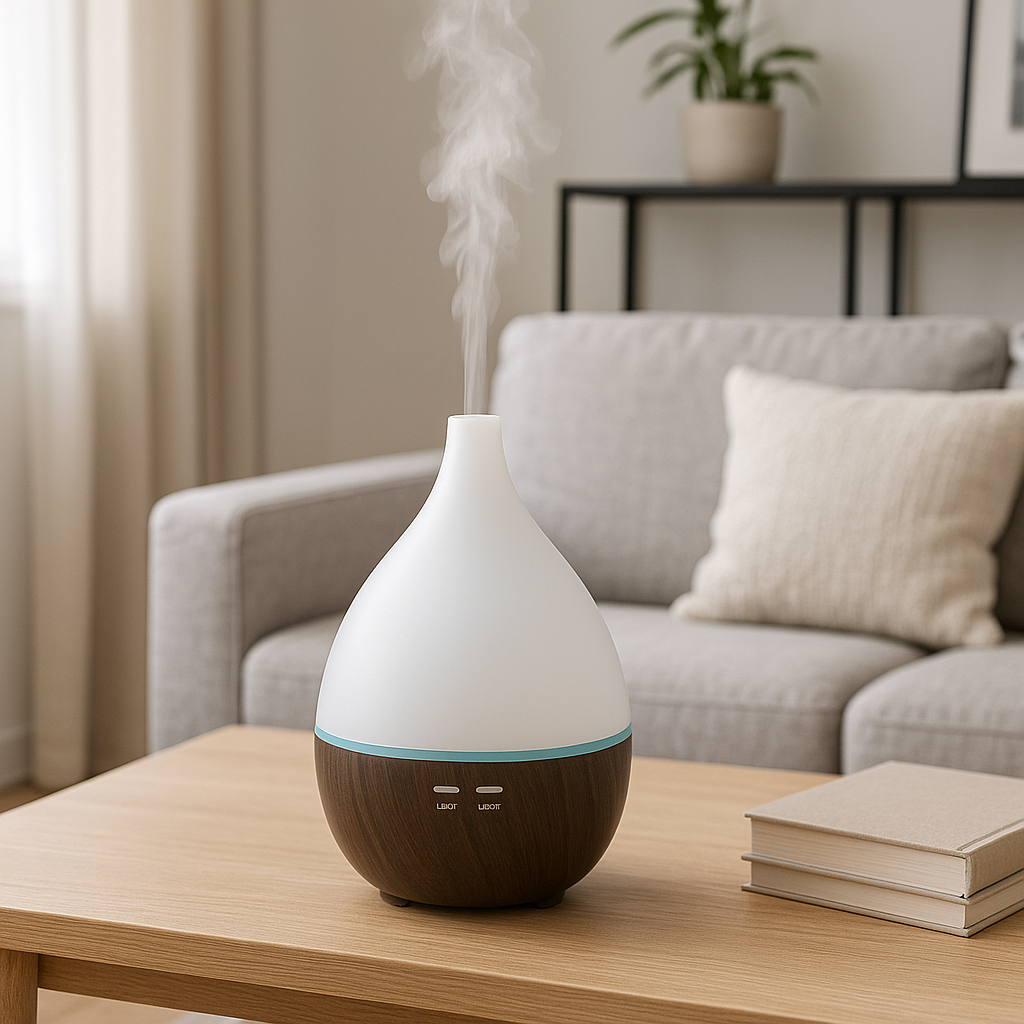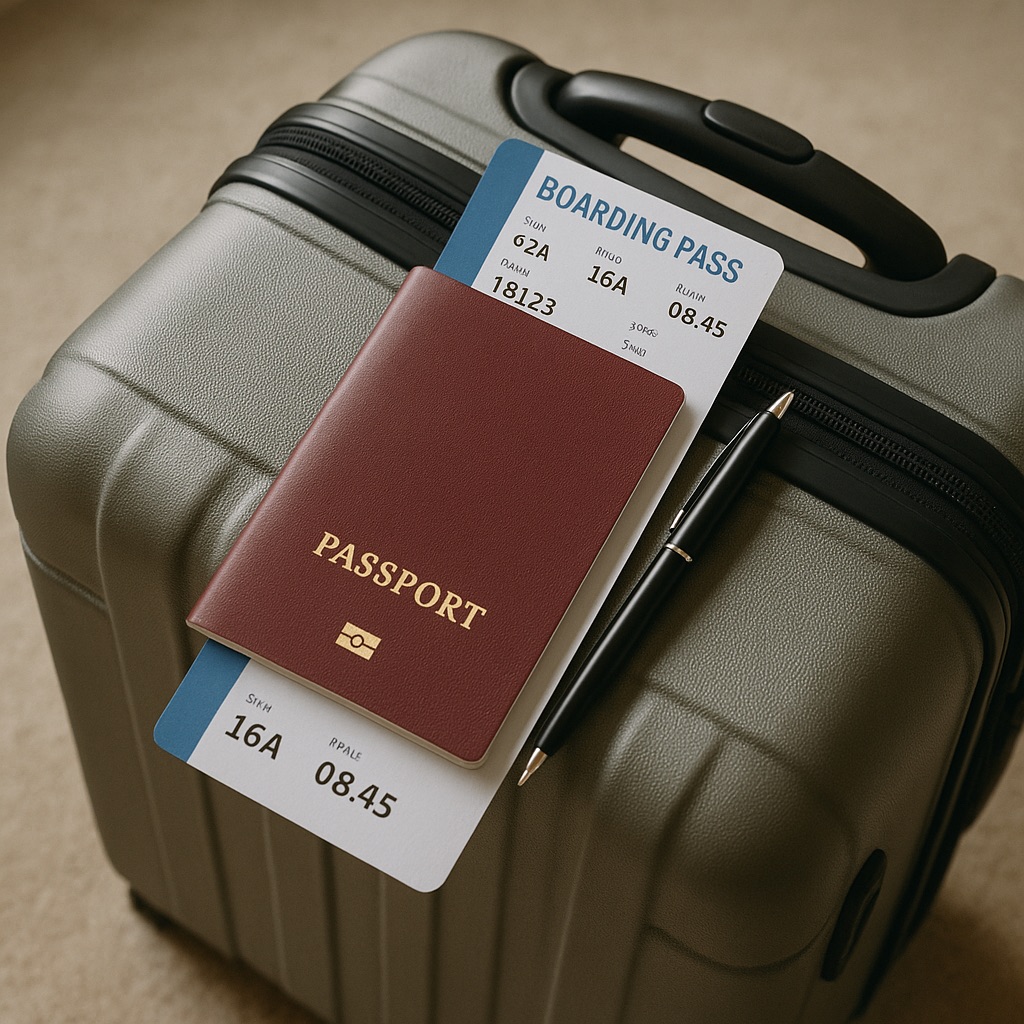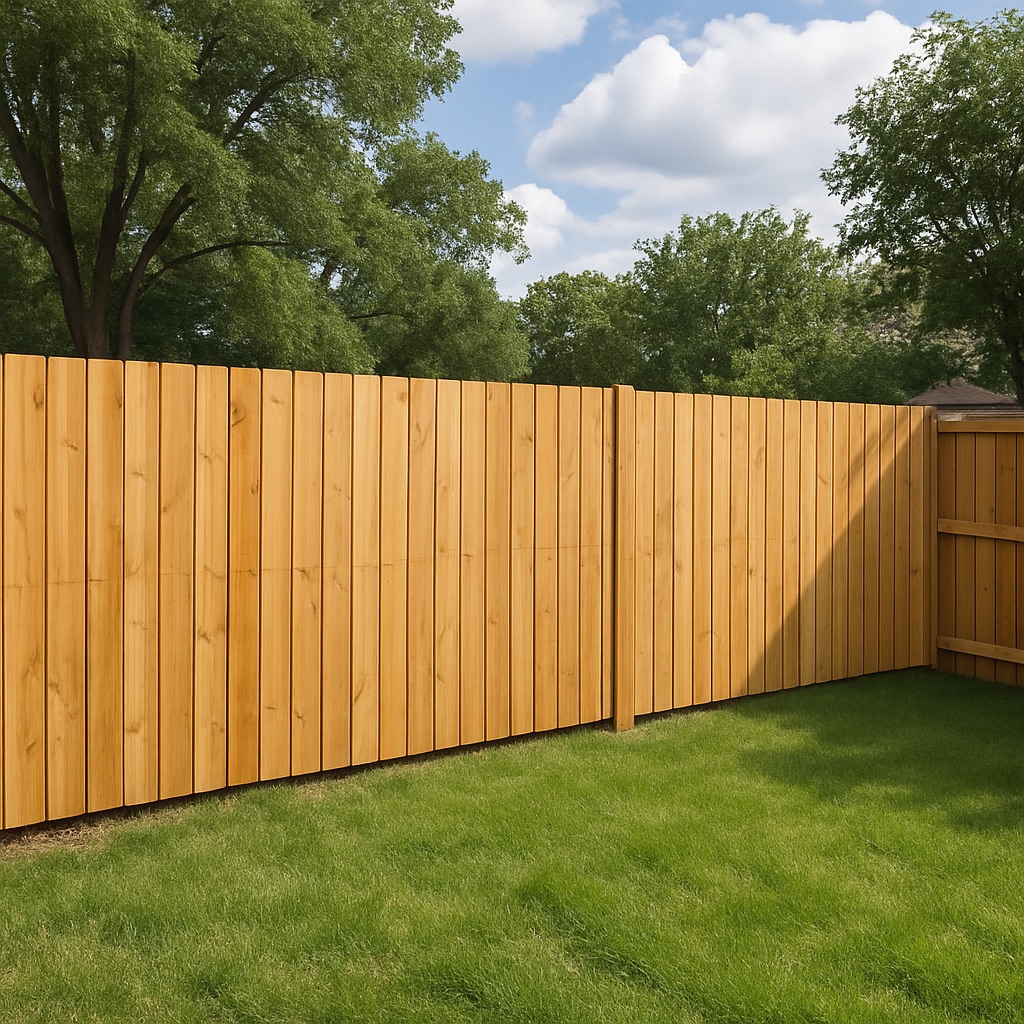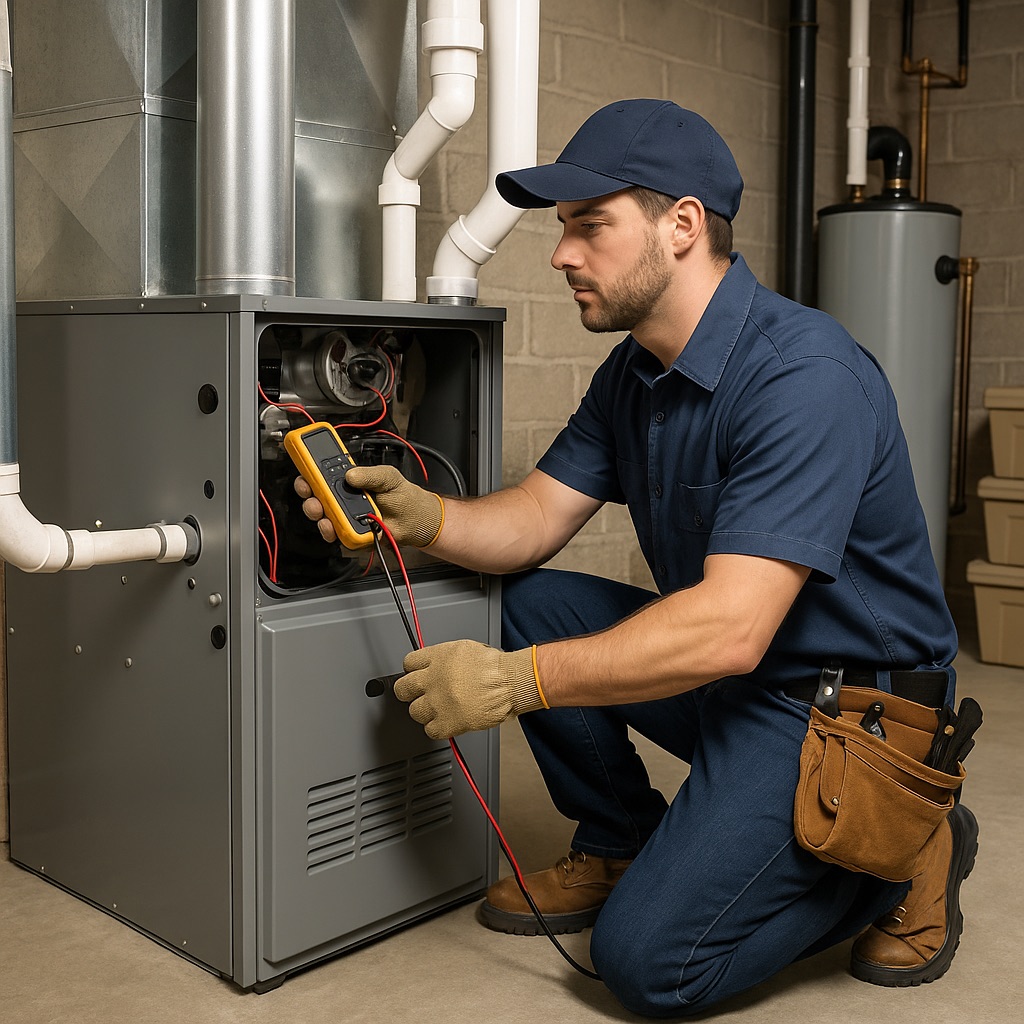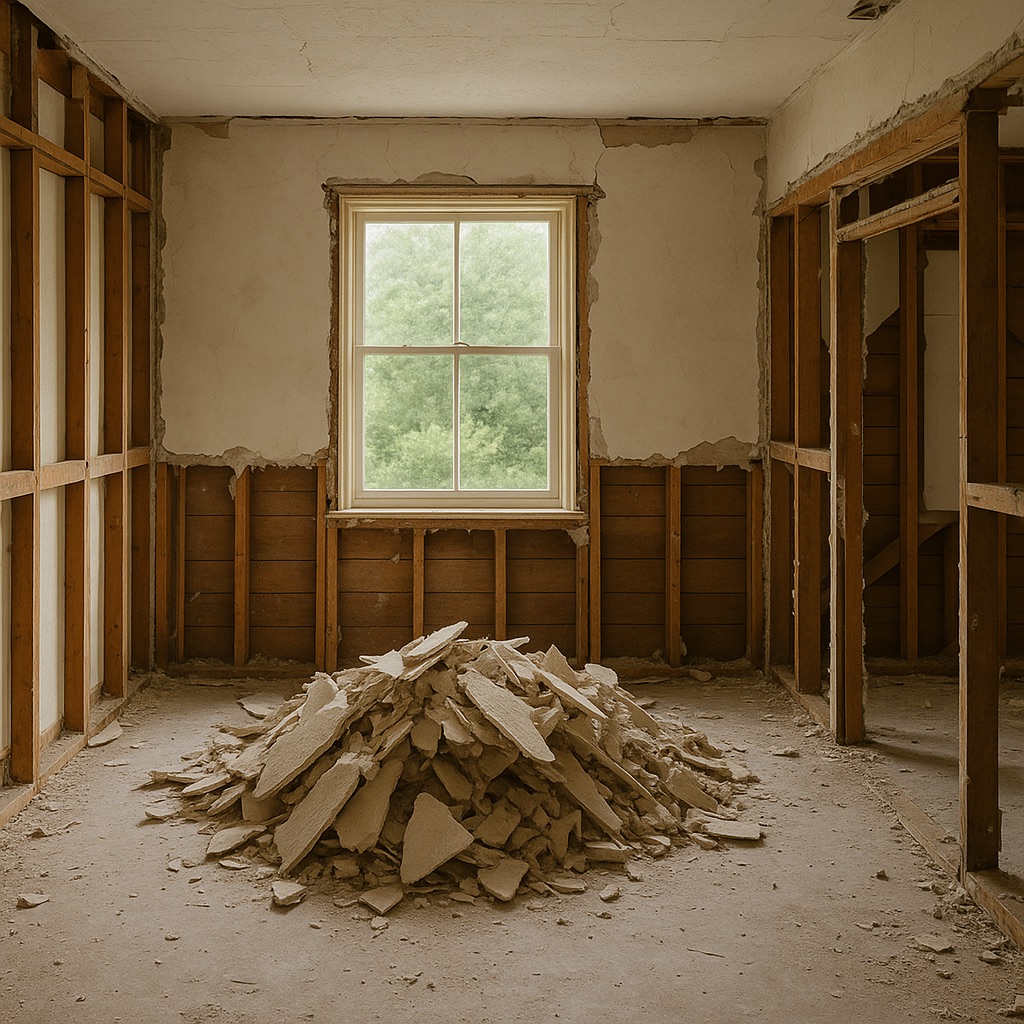Last updated on
Saving energy can make a difference by reducing financial costs and carbon footprint traces. If you use less energy, you have less effect on the surroundings.
The process of conserving energy need not be complicated either. By making a few little adjustments, significant cost reductions are possible.
Table of Contents
Upgrade the HVAC System
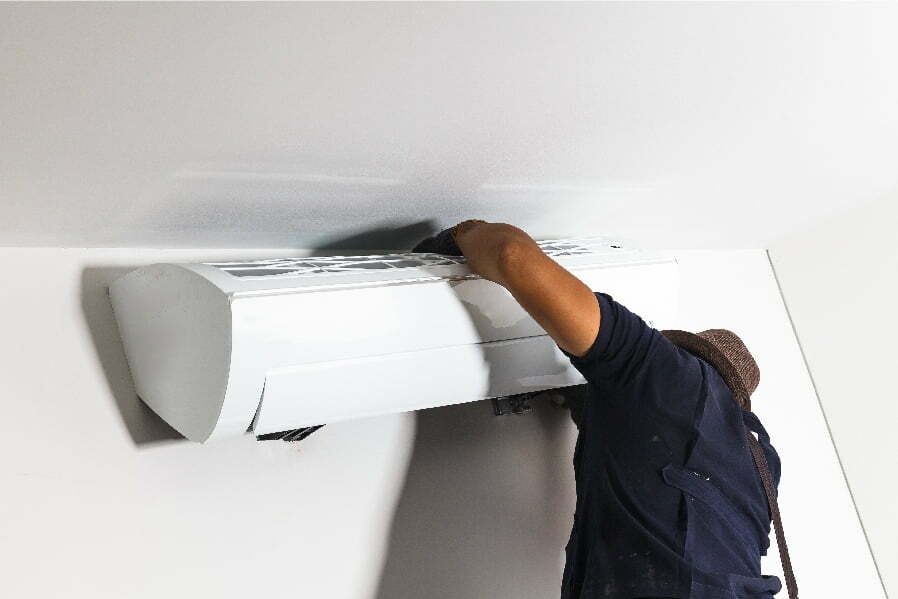
Heating, ventilation, and air conditioning components make up what is known as an HVAC system. Ensure the HVAC system you install is adequate for your climate, whether you use heat pumps or a natural gas furnace.
Energy efficiency can also be increased by upgrading the HVAC system’s ventilation system using ducts. A ducted air conditioner makes up a ventilation system, which moves fresh air and exhausts stale air around your house.
The air conditioners must be correctly installed and the ducts sealed to decrease annual heating and cooling costs. The costs of heating and cooling a building can be reduced through regular ventilation system maintenance.
Installation of an air source heat pump is the most efficient upgrade you can make to your home’s heating, ventilation, and air conditioning system.
Change the Light Bulbs
Compared to their energy efficient counterparts, incandescent light bulbs must be frequently replaced and they waste a lot of energy.
Alternative light sources such as, light emitting diode bulbs, compact fluorescent lights, and halogen incandescent bulbs are more energy efficient and last longer than standard bulbs.
By purchasing an item with the ENERGY STAR certification, you can be assured that it has been independently certified to have a low impact on the environment and your utility bills.
LEDs that carry the designation, for instance, consume less energy than traditional incandescent bulbs while producing the same amount of light. LEDs and CFLs have a higher initial purchase price but save money in the long term due to their lower energy use and longer lifespans.
Switch to Solar Power
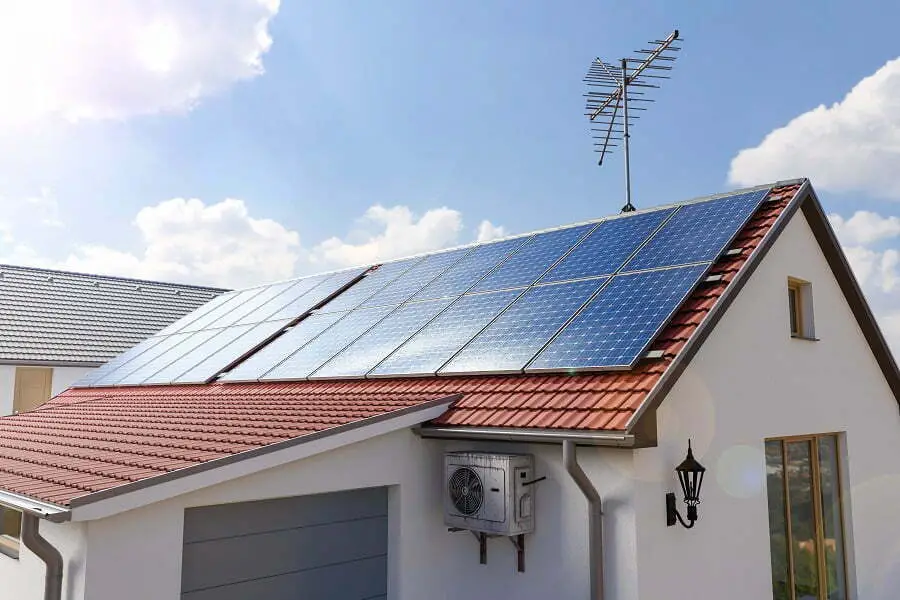
Your energy bill may decrease if you use the solar power you’ve produced. If you currently heat your water with gas, switching to a solar heated water system is a great way to save money.
Learn about the many facets of solar power, such as feed in tariffs, subsidies, installation, and providers. Read more about how your actions today can affect your future by decreasing your carbon footprint.
Switching Off Appliances and Lights When Not in Use
Instead of leaving electronics on standby, turn off the power strip for maximum energy savings. When you leave the house or go to bed, ensure your heating and cooling systems are turned off.
Before going to bed or leaving for an extended period, ensure your computer and any other connected devices, such as printers and wireless routers, are turned off.
To save power, the monitor and computer will automatically shut down after a certain amount of time has passed on most modern computers.
Kitchen Energy Savings
The refrigerator is one of the costliest appliances in your home because it operates constantly. Check that there are no openings around the fridge door that could let cool air escape.
Do not leave a second refrigerator or freezer constantly running unless absolutely necessary. You can cut down on your evening cooking time by putting frozen meals in the fridge first thing in the morning. Use the microwave whenever possible when preparing meals.
A microwave oven requires a fraction of the power of a conventional oven. If you’re using a stove, remember to always cover your pots. Think ahead and prepare extra so you can eat well the next day or for the rest of the week. Freeze any food that will be left over.
Consider Room Insulation
Having a well-insulated ceiling can have a significant impact on heating and cooling costs. Costs for both cooling and heating can be reduced with adequately insulated ceilings.
An insulated wall, attic, duct, or roof will escape less heat. Less energy is required to heat and cool a well-insulated home because less air is lost through the walls and windows in the winter and summer, respectively.
Your home’s outer shell acts as a thermal barrier between the inside and outside air. A building’s heating and cooling systems can save money using less energy if the walls, floors, and roof are well insulated.
Close All Windows and Doors to Maintain Room Warmth
Keep the doors closed to the rooms you aren’t using and only chill or heat the main ones. You should keep the warmth in the fall and winter by closing the blinds or curtains.
Prevent cool air from escaping through cracks in doors and windows. Close your curtains during the day during the warmer months. Blinds or canvas awnings placed outside the home will also reduce the temperature inside.
Replace or Clean Dirty Air Filters
Your HVAC system is only one of several household appliances that use filters. There is usually a reminder to change the filter or clean it every so often on these systems. It will help you save money in the long run by reducing the likelihood that you’ll need to pay for expensive repairs to your air conditioner or other systems.
Changing out dirty filters regularly can help homeowners save money on utility bills. That’s because functioning equipment is less taxed when aided by clean filters. Clean or change your filters as needed, often once per month or two, but check the manufacturer’s instructions for your unit to be sure.
Upgrade Your Thermostat to a Programmable Model
A programmable thermostat can be configured to lower the temperature or switch off the air conditioner while you are sleeping or away. Without spending money on an HVAC system upgrade, you can assist in lowering your energy bills by installing a smart thermostat.
Several factors, including the local climate, your comfort preferences, the number of people living in your home, and the age and type of your HVAC system, might affect the amount of money you save. There is a wide variety of programmable smart thermostats available nowadays.
Indicators on when to replace air filters or HVAC system problems are additional features that can increase the effectiveness of your heating and cooling system.
Lowering your thermostat, blocking drafts, using energy efficient light bulbs, disconnecting electronics, and using power strips are simple ways to save energy and money at home.
Installing a programmable thermostat and completing a home energy audit can help you find leaks. You can lower your energy bills by following these energy-saving tips. Help the earth by reducing your carbon footprint.
